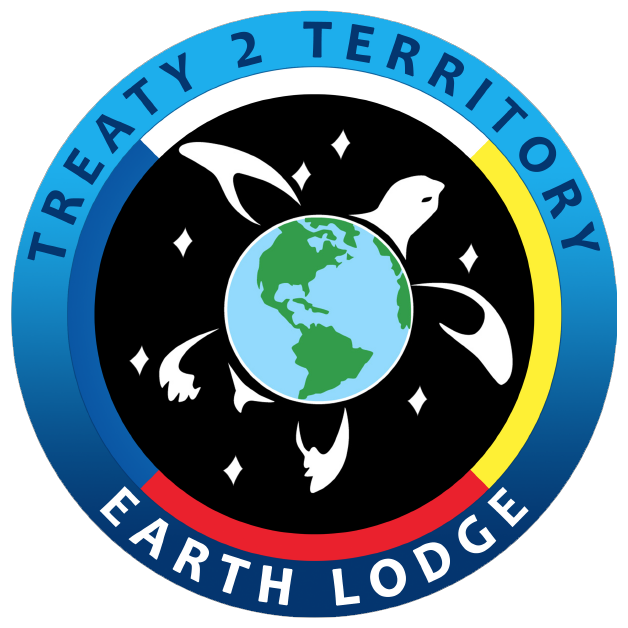Let’s reflect on Indigenous education and life long learning.
There are so many Indigenous educators who’ve paved the way for generations to come. And this work will continue as we work to deconstruct colonialism and its effects on Indigenous peoples. One such educator is Dr. Marie Battiste (Mi’kmaq) who wrote the book titled, Decolonizing Education: Nourishing the Learning Spirit.
In this book, Battiste writes: “First Nations have demonstrated their preparedness to act and assume what we consider the most important part of our future, despite the systemic discrimination that has created a theory of unreadiness among First Nations. Perpetuated by government bureaucrats constantly asking if First Nations are reading to assume educational jurisdiction, or any other, we are assuredly on a path toward determining ourselves and our future. This is itself self-determination at its core….This is our right and our chance to consider our children’s rights and future under the Aboriginal and treaty rights in the Constitutional Act, 1982 that the courts have affirmed….We should not have to resort to provincial systems or standards [although we can choose to], but we must be ready to make our own eve[n] better because they were developed based on our needs, hopes, and aspirations. They inspire us to create our own curricula and hold them up to scrutiny periodically if they do not seem to meet our needs” (pp.189).
Here, Battiste is talking about the importance First Nations (re)creating and navigating their own education systems. We know how important it is to reclaim and revitalize our ways including languages and land-based learning. First Nations’ right to education stems from their inherent rights, Aboriginal rights, and treaty rights, all of which are entrenched in the Constitution Act of 1982. This is why it’s important for First Nations to work on writing and determining their own education laws, and why many First Nations across Turtle Island have their own education laws (education act) including the Mi’kmaq.
The work of Indigenous educators past, present and future is so important. Battiste quotes another Indigenous educator, Sandy Grande: “[We] need pedagogies that work to disrupt the structures of inequality” (Grande qtd. in Battiste, pp.190). In other words, First Nations (Indigenous) children need to see themselves, their Nation(s), and their stories reflected in their learning, in all subject areas.
“Decolonization education, then, is an act of love…” (Battiste, pp.190). Keep renewing and revitalizing all. Be well.
Source: Dr. Marie Battiste, Decolonizing Education: Nourishing the Learning Spirit, Purich Publishing Ltd., 2013.
